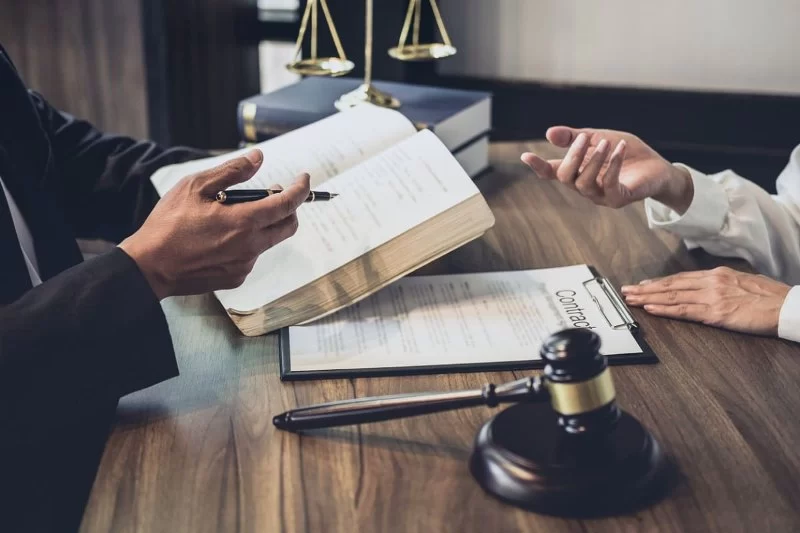- understanding-the-basics-of-a-subpoena
- types-of-subpoenas-and-what-they-mean
- what-to-do-when-you-receive-a-subpoena
- real-world-cases-showing-how-subpoena-responses-play-out
- why-legal-guidance-matters-when-responding-to-a-subpoena
1. Understanding the Basics of a Subpoena
At its core, a subpoena is a legal document that commands an individual to either appear in court or provide specific documents relevant to a legal proceeding. If you’ve received one, you might be wondering: what is a subpoena and how to respond properly? It’s a fair question—and one that can have serious implications if ignored.
Subpoenas are typically issued in civil, criminal, or administrative cases, and failure to respond can lead to penalties, fines, or even contempt of court.
2. Types of Subpoenas and What They Mean
There are two main types of subpoenas:
Subpoena ad testificandum requires you to testify before a court or legal authority. This could be in person or, in some cases, via a virtual deposition.
Subpoena duces tecum compels you to provide physical evidence—such as emails, documents, or recordings—within a specific timeframe.
Understanding which type you've received is key to knowing how to respond to a subpoena properly. The wrong action—or no action—can escalate legal trouble.
3. What to Do When You Receive a Subpoena
The first thing to remember is: don’t panic. But don’t ignore it either. Carefully read the document to understand who issued it, what they’re requesting, and the deadline.
Once you’ve reviewed the content, consult with a legal professional—especially if you're not directly involved in the case. A qualified attorney, such as those at Fred Miller Lawyer, can guide you in how to respond lawfully while protecting your rights and interests.
In some cases, the subpoena may be overly broad, irrelevant, or even improperly served—grounds to challenge it legally.
4. Real-World Cases Showing How Subpoena Responses Play Out
In a 2021 civil lawsuit involving a large tech company, a former employee was subpoenaed to provide internal emails. At first, he assumed his personal email was off-limits—but upon review, his attorney found the request was valid. However, they successfully narrowed the request through a motion to quash.
In another case, a woman received a subpoena for a criminal case in which her neighbor was involved. She was scared but reached out to legal counsel who helped her draft a proper affidavit instead of appearing in court—saving time and anxiety.
These stories show that knowing what a subpoena is and how to respond can make the difference between stress and smart, legal handling.
5. Why Legal Guidance Matters When Responding to a Subpoena
Subpoenas carry legal weight, and mishandling them can lead to consequences. That’s why legal guidance isn’t just helpful—it’s crucial. Lawyers can determine if the subpoena is lawful, negotiate the scope, or help file objections.
Especially if the subpoena involves sensitive documents or you believe you’re being unfairly targeted, don’t go it alone. The team at Fred Miller Lawyer is experienced in handling subpoena responses with professionalism and discretion.
If you’re looking to better understand what is a subpoena and how to respond to one, legal support can save you time, money, and stress in the long run.


 andy miri attorney
andy miri attorney law offices of dolly z hassan photos
law offices of dolly z hassan photos 1700 lincoln denver
1700 lincoln denver auto accident attorney manassas
auto accident attorney manassas raytsin law firm
raytsin law firm oliver s storch attorney at law new york photos
oliver s storch attorney at law new york photos